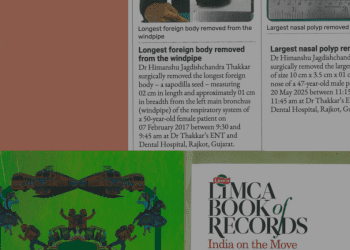One of the world's most prestigious scientific sanms has been awarded the Nobel Prize of Physiology or Medicine 2025 for his groundbreaking discovery of “Peripheral Immune Tolerance”. The Nobel Assembly announced the announcement on Monday at the Carolinska Institute in Sweden. Not only did the research of the three scientists change the understanding of human immunity but also opened new ways to treat cancer, autoimmune diseases and many other complex diseases.
What is 'Peripheral Immune Tolerance'?
Peripheral immune tolerance is a biological process that prevents the body's immune system from attacking its own cells. Usually our immune system attacks harmful substances (such as viruses and bacteria) but sometimes it mistakenly identifies its own tissues of the body as foreign. This condition causes autoimmune diseases (such as type 1 diabetes, lupus and multiple sclerosis). Shimon Sakaguchi first discovered the role of regulatory T-Kosha, which maintains this balance within the body. Brunco and Ramsdale forwarded this discovery by identifying genes controlling the development and function of these T-Koshos. This research laid the foundation of a new era of modern immunotherapy.
All three winners will receive a reward amount of about 11 million Swedish Crowns (about US $ 1.2 million) and a gold medal given by the king of Sweden. The ceremony is held every year on December 10 – Alfred Nobel's death anniversary. According to the will of Dynamite inventor and businessman Alfred Nobel, the Nobel Awards were established in 1901. In addition to medicine, awards are provided in the fields of physics, chemistry, literature, peace and economics. The Nobel Prize in Economics was later added by Sweden's Central Bank, Rixbank.
































